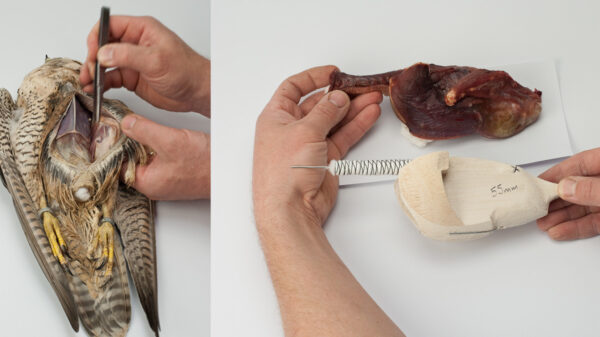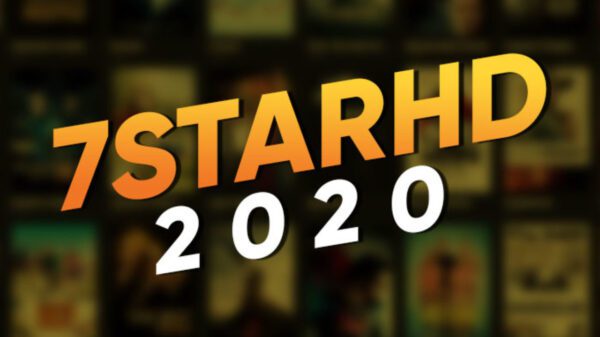Maths is not everyone’s cup of tea. Many dread it due to its sheer complexity. Others who aren’t fond of the subject often find it quite boring. But the truth is that maths is one of the most highly scoring subjects, and also quite interesting when given its due attention, time, and effort. In fact, a lot of students love playing with numbers, especially those who have their basics absolutely clear. This subject is made up of concepts, formulas, examples, and some theories, which collectively sharpen your mind while also enhancing your problem-solving skills, and helping you stay focused. You will realise its riveting nature, once you get its mania.
The love-hate relationship between maths and students begins early in their school life. It highly depends upon the way this subject is presented to the students. For students of class 4th, for instance, teaching methods involving visual aids, games, and more must be employed, as they keep children engaged for longer. Including fun methods of teaching, instead of telling everything explicitly, also helps children in retaining better, and developing an interest in the subject.
In addition to the teachers, students can also resort to different learning techniques that will help them develop more interest in the subject, especially in class 4th. Students find transitioning to Class 4 maths a bit demanding given the abrupt increase in the complexity of the problems. Also, a variety of new topics are introduced to them including Prime Numbers, Decimals, Angles etc. These topics require both concrete and abstract thought processes to which they are not accustomed. As such, they require an easy and easily comprehensible approach to get a thorough grasp of everything. As such, we have prepared a foolproof guide that will help students in scoring highly in class 4th maths. But, let’s first look at the syllabus for class 4th maths exam.
CBSE conducts two Summative Assessments along with Formative assessments in Class 4. Both SA 1 and SA2 consist of 20 questions( Very short answers, Short Answers and Long answer type questions) for 40 marks. The curriculum of Class 4 comprises of-
- 5,6,7 digit numbers
- Addition, Subtraction, Multiplication, Division
- Prime and Composite Numbers
- Decimals
- Divisibility
- Fractions
- Factors and Multiples
- Consolidating Lines and Introducing Angles
- Measurement of Length, weight and Capacity
- Money
- Area and Perimeter
- Pictographs, Bar Graphs, Pie Charts
- Polygons and Solid Shapes
- Time
NCERT Books for Class 4 Maths cover all the aforementioned topics in detail. A lot of new topics are introduced in the class 4 curriculum that can be quite challenging for the students. As such, here are some sure-shot ways that will help students in acing all these topics like a pro!
- Practice Daily
Maths cannot be studied in a day. It requires everyday practice. Consistency is the key when it comes to scoring well in this subject. As such, parents are advised to motivate their children to indulge in regular practice and integrate it into their schedules. Making it a part of the routine will help in sharpening their minds while helping them understand the concepts better, and attaining a better pace of solving equations.
Maths is not about mugging; it requires a thorough and logical understanding of concepts, in order to find solutions. So, all students must practice daily as doing so will help in retaining everything better.
- Go Through Examples Thoroughly
Before moving to the back exercises, it is important to learn how a particular question is solved. To do that, take the help of examples given after every concept. These examples will give you a better understanding of the various steps that go into solving a problem. You can also attempt doing these example questions on your own, and then go through the solution to see how thorough is your grasp of the concepts. This will help you in identifying areas that require more practice.
- Understand Applicability of Maths
Now, this point is for all teachers/tutors/parents. When you’re teaching maths to young minds, it is always necessary to help them relate it to real-life situations. Teaching students to apply mathematics in real life will help in boosting their pace of learning. It will help the student to easily relate the concrete material with an abstract problem. E.g., while teaching addition or subtraction, you can pretend to be a customer purchasing fruits from your students, and ask them to add the bill and tell you the due amount. This will keep children engaged in the subject, and would make learning much more fun for them! Not only will it help the student to solve a question but will also help in the development of cognitive abilities.
- Build Upon The Basics
Basics are everything in maths. It is very important not to lose the grasp of your basics. They will be a building ground based on which new chapters will be taught. If you do not have your basics clear, you’ll find yourself struggling to solve even the easiest of problems. As such, if you find yourself stuck, go back to the basics and revise them over and over again! As such, strengthening basics in lower grades such as class 4th is very important, and they lay the foundation for the coming classes.
- Study Via Games
Maths can also be studied through games and not only through the use of traditional methods. This will enhance the learning outcomes along with giving students a fun time learning. Games like tic-tac-toe, connect four, or card games not only incorporate maths but also help in strategic thinking. These can be played with friends or even with your family members for fun.
Along with it, students can also study in groups, or watch videos based on practical maths and then together solve various math puzzles to exercise their brain.
Now is the time to stop fearing maths and be friends and go hand in hand. Use these tips and tricks, and you’ll see your scores soaring high in no time! All the best!
















































You must be logged in to post a comment Login